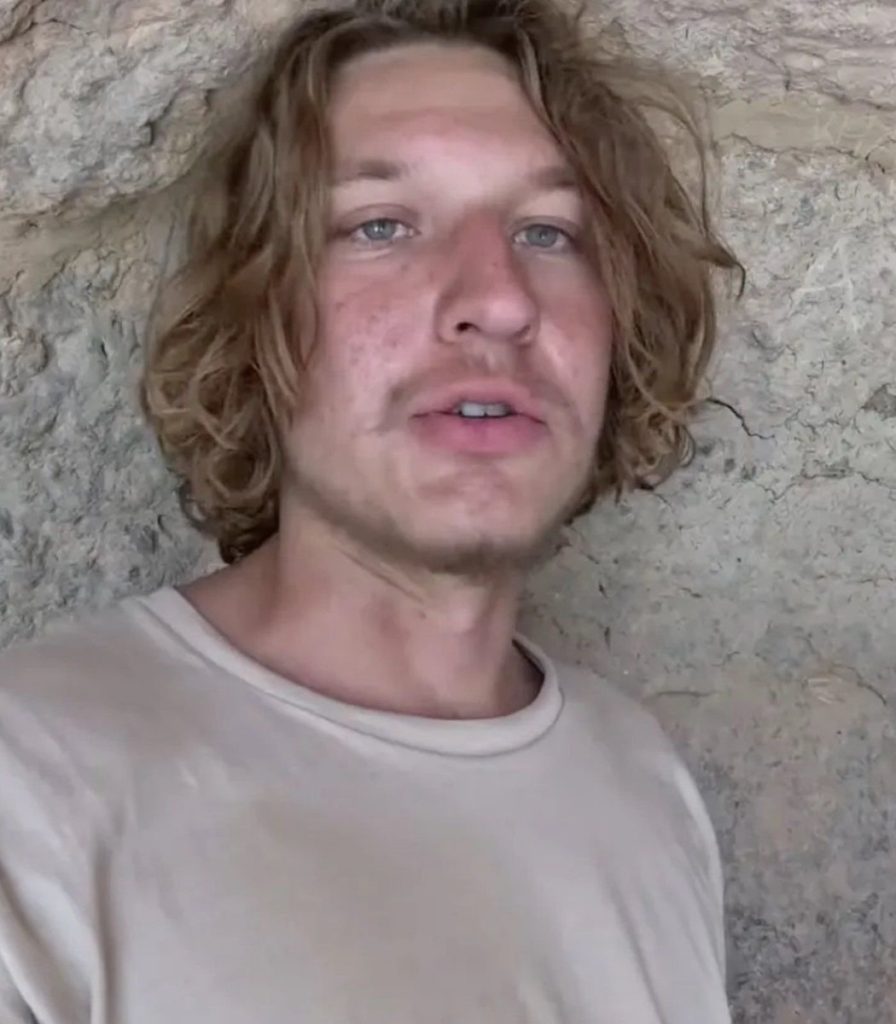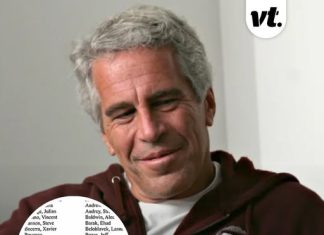In late March 2025, American YouTuber Mykhailo Viktorovych Polyakov, aged 24, was arrested for illegally entering North Sentinel Island, part of India’s Andaman and Nicobar Islands. This island is home to the Sentinelese, one of the world’s most isolated and uncontacted tribes. Polyakov’s unauthorized visit has raised significant concerns regarding the safety and preservation of indigenous communities, as well as the legal and ethical implications of such actions.
Background on North Sentinel Island and the Sentinelese Tribe
North Sentinel Island is a heavily forested landmass in the Bay of Bengal, approximately 750 miles east of mainland India. It is inhabited by the Sentinelese people, an indigenous tribe estimated to number between 50 and 150 individuals. The Sentinelese have lived in isolation for thousands of years, maintaining a hunter-gatherer lifestyle and exhibiting a strong resistance to outside contact. Due to their isolation, they lack immunity to common diseases, making them highly vulnerable to illnesses introduced by outsiders. To protect their way of life and health, the Indian government has enforced strict regulations prohibiting any approach within three nautical miles of the island. These measures are intended to prevent the transmission of diseases and to respect the tribe’s desire for isolation.

Details of Polyakov’s Unauthorized Expedition
Polyakov, known for his adventurous content on his YouTube channel “Neo-Orientalist,” meticulously planned his journey to North Sentinel Island. On March 29, 2025, he departed from Kurma Dera Beach in an inflatable dinghy equipped with a motor and GPS system. After a nine-hour voyage, he reached the northeastern shore of the island around 10 a.m. Upon arrival, he used binoculars to survey the area and attempted to attract the attention of the Sentinelese by blowing a whistle for approximately an hour. Receiving no response, Polyakov briefly set foot on the island, leaving behind a can of Diet Coke and a coconut as offerings. He also collected sand samples and recorded his actions using a GoPro camera before departing the island.
Arrest and Legal Proceedings
Upon returning to the mainland, local fishermen observed Polyakov and reported his activities to the authorities. He was arrested on March 31 in Port Blair, the capital of the Andaman and Nicobar Islands. Charged with violating laws that protect indigenous tribes and restrict access to their territories, Polyakov was presented before a local court and placed in 14-day judicial custody, with a subsequent court appearance scheduled for April 17. If convicted, he faces a potential sentence of up to five years in prison and a fine.
Condemnation and Ethical Implications
Polyakov’s actions have been widely condemned by indigenous rights organizations and experts. Caroline Pearce, director of Survival International, described his attempt to contact the Sentinelese as “reckless and idiotic,” emphasizing that such actions not only endangered his own life but also posed significant risks to the tribe. Uncontacted peoples like the Sentinelese have no immunity to common diseases such as influenza or measles, which could have devastating effects on their population.
Historical Context of External Contacts
The Sentinelese have a history of resisting external contact, often responding with hostility to intrusions. In 2006, two fishermen who inadvertently drifted onto the island were killed by the tribe. More notably, in 2018, American missionary John Allen Chau illegally ventured to North Sentinel Island with the intent of converting the tribe to Christianity. He was killed shortly after his arrival, an incident that underscored the dangers and ethical concerns associated with attempting to contact the Sentinelese.

Polyakov’s Previous Ventures and Motivations
Prior to his expedition to North Sentinel Island, Polyakov had gained attention for his controversial travels. He documented a trip to Taliban-controlled Afghanistan, where he interacted with Taliban fighters and produced a series of videos titled “Taliban-Controlled Afghanistan Through American Eyes.” These videos showcased his engagement with members of the Taliban, including footage of him handling weapons. Polyakov’s YouTube channel, “Neo-Orientalist,” features content that reflects his interest in exploring regions and groups that are often considered dangerous or inaccessible.
Legal and Ethical Considerations
The Indian government’s stringent regulations regarding North Sentinel Island are designed to protect both the Sentinelese and potential visitors. The tribe’s lack of immunity to common diseases presents a significant health risk, and their demonstrated desire for isolation raises ethical questions about the morality of attempting contact. Polyakov’s deliberate breach of these regulations highlights the tension between individual pursuits of adventure and the collective rights of indigenous communities to remain undisturbed.
Conclusion
Mykhailo Viktorovych Polyakov’s unauthorized visit to North Sentinel Island serves as a stark reminder of the importance of respecting indigenous communities’ rights and the potential consequences of disregarding laws designed to protect vulnerable populations. His actions have sparked a broader conversation about the responsibilities of content creators and travelers to consider the ethical and legal implications of their pursuits. As Polyakov awaits further legal proceedings, his case underscores the critical need for awareness and adherence to regulations that safeguard both adventurers and the communities they may seek to encounter.

















